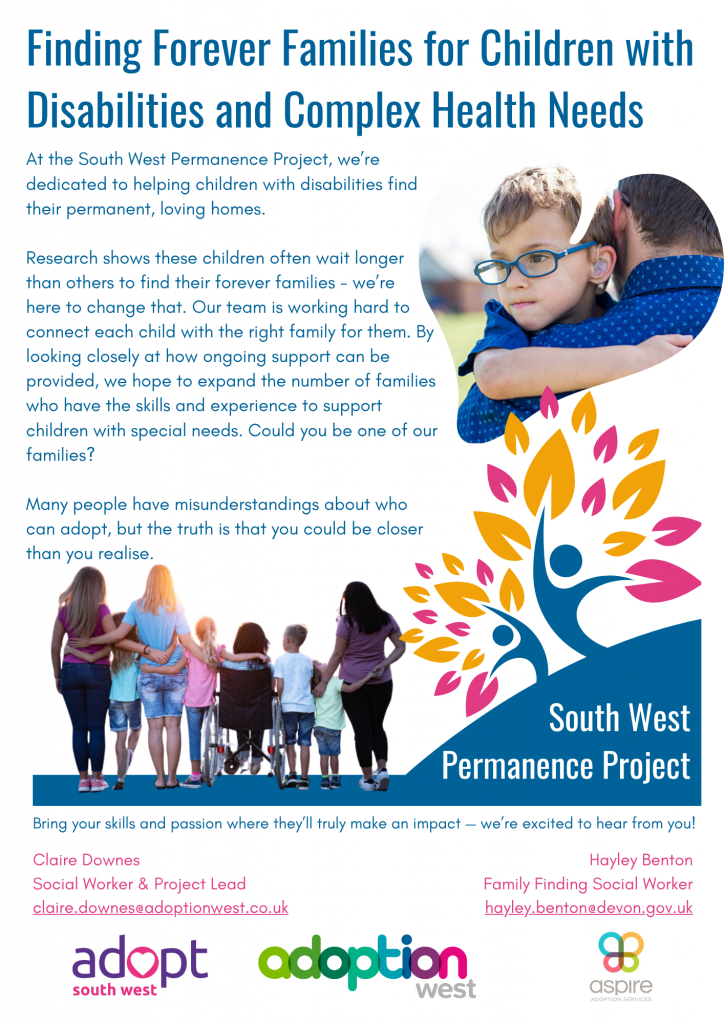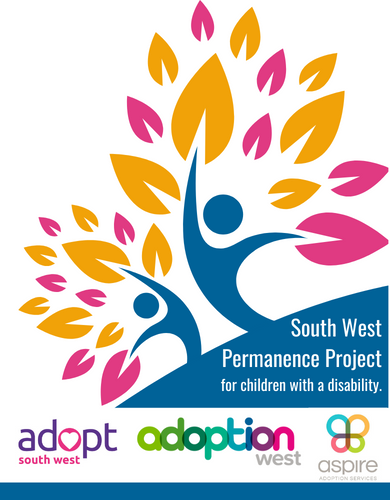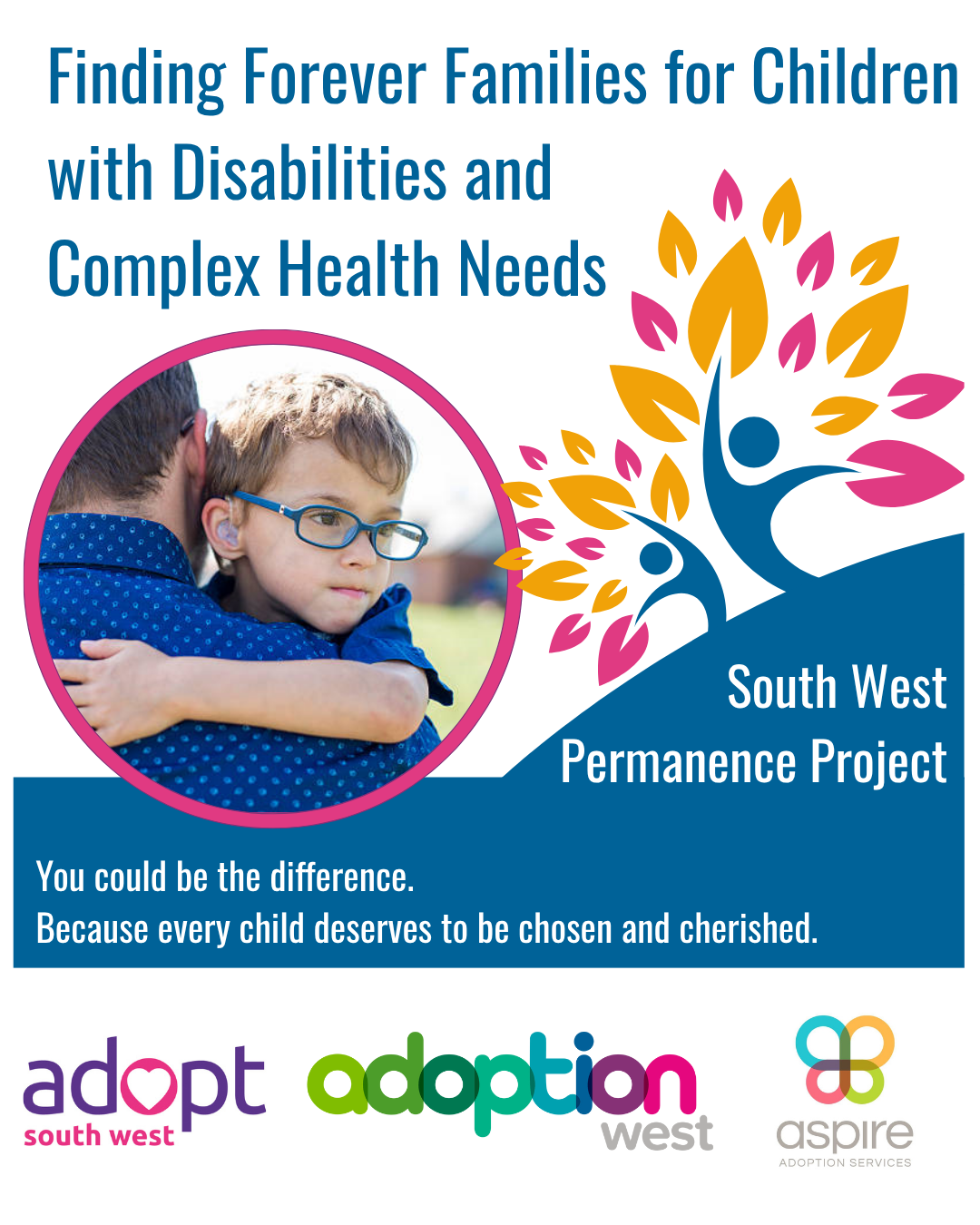There are currently nearly 3000 children in need of adoption in England. And less than half that number of approved adopters.
Just take a minute to think about that.
That’s around 1500 children who are in limbo, in foster care (foster carers are brilliant btw, but in most cases, they can’t provide a permanent home for a child), waiting for the adults in charge of their care to recruit and approve the right people so they can move to a permanent home.
That won’t happen overnight.
Unfortunately, there are still a lot of myths and misconceptions around adoption that put people off even taking the first step to find out how the process works. One of the main misconceptions is that you can only adopt if you’re perfect.
Have a perfect home, job, family, weight, medical record…..
*Spoiler alert*
Perfection doesn’t exist.
And even if it did, it’s not what children need.
National Adoption Week
“Perfectly imperfect” is the theme of this year’s National Adoption Week. Children need a loving, safe home where they can learn how to be happy, sad, angry, jealous and everything else in between, and that doesn’t take place in a perfect home.
I was worried my husband and I were too old to adopt (we were early and late 40s), and that the fact I was estranged from my dad would mean we wouldn’t be approved.
We weren’t, and it didn’t.
We might not cope as well with disrupted sleep as we did when we were younger, and our bones creak a lot more than we’d like, but our age hasn’t affected our ability to parent.
My relationship with my dad has helped me understand and empathise with how it feels to have no relationship with a birth parent.
All of our imperfections make us the perfect parents for our kids.
Busting myths about adoption in England is the main reason I started the magazine. I knew that if I struggled to find the answers to these questions, others would too.
So, I created the resource I wish had been available that answers those questions and so much more.
Adoption is a rollercoaster and isn’t for the faint-hearted. But it’s a journey I’m so grateful I got to take.
Adopting children with complex needs
With so many children currently waiting for adoption, it’s often the ones who need the most support and have the most challenges that are left behind. All children who can’t live with their birth families and for whom adoption is the only safe option have experienced trauma, however they came to be in care.
But those amazing children with complex needs who need a higher level of care and support have often experienced much more. Their disabilities or complex needs tend to mean they are in foster care for longer.
The South West Permanence Project is dedicated to finding Families for Children with Disabilities and Complex Health Needs.

The team supports children who need more than just a home. They need a family that sees them for the amazing children they are. Many wait years for adoption simply because they have a diagnosis.
“We provide training and prioritise support planning. You don’t need to be a nurse or a superhero, just patient, committed, open, and willing to learn. You could be the difference. Because every child deserves to be chosen and cherished in a permanent family.”
Claire Downes – Project Lead
South West Permanence Project
Since July 2023, Adoption West has played a pivotal role in the development and implementation of the project that is funded by Adoption England. This important initiative builds upon a scoping report by Professor Julie Selwyn and Dr. Andrew Brown, which highlighted the urgent need for tailored support packages for children with disabilities and complex needs placed for adoption.
The support includes access to specialist post-adoption support, which is key to ensuring the right package is in place. This project extends across three Regional Adoption Agencies (RAAs); Adoption West, Aspire, and Adopt South West, which cover 13 local authorities in the south west region of England.
If you’re based in the south west of England and considering adoption, get in touch with Adoption West to find out about the process.

Head to the adoption section to read more articles about the asssessment, matching and other aspects of the adoption process in England.



